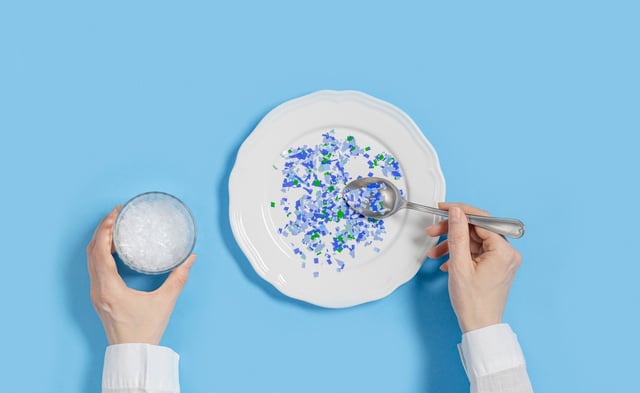Overview
- In a NUTRITION2025 presentation, UC Davis researchers administered a daily oral dose of polystyrene nanoplastics (60 mg/kg) to mice to mimic human dietary exposure levels.
- Mice exposed to nanoplastics developed systemic glucose intolerance and showed elevated alanine aminotransferase, signaling liver injury.
- The study linked nanoplastic ingestion to increased intestinal permeability and higher blood endotoxin levels, suggesting a leaky gut pathway for liver dysfunction.
- Lead author Amy Parkhurst stressed that robust evidence is essential to guide future rodent and human studies and shape regulatory policies on micro- and nanoplastics.
- Humans may ingest tens of thousands to millions of microplastic particles annually through food and beverages, intensifying concerns over nanoplastic health risks.


